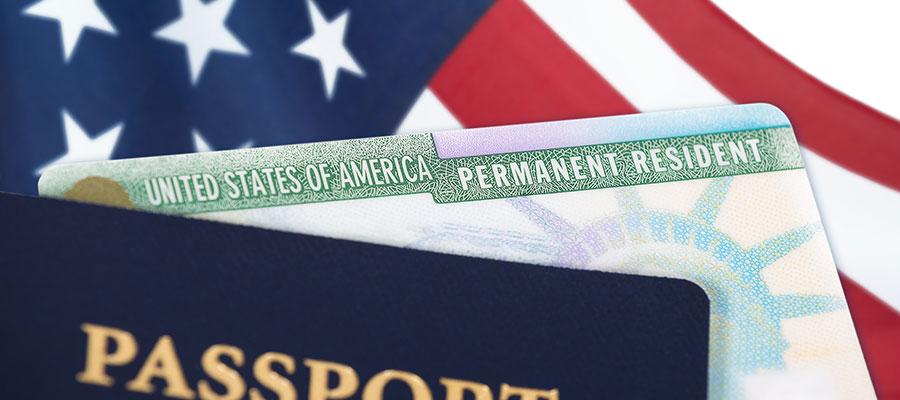Federal judges block public charge rule from taking effect nationwide

A federal judge in Washington State today blocked nationwide a Department of Homeland Security final rule from taking effect that would limit the ability of legal immigrants to adjust or extend their immigration status or gain full citizenship based on their prospective receipt of public benefits. The DHS rule was scheduled to go into effect Oct. 15.
“The Court finds that the Plaintiff States have established a likelihood of success on the merits of their claims under the Administrative Procedure Act, that they would suffer irreparable harm absent a stay of the effective date of the Public Charge Rule or preliminary injunctive relief, that the lack of substantial injury to the opposing party and the public interest favor a stay, and that the balance of equities and the public interest favor an injunction,” wrote United States District Judge Rosanna Malouf Peterson.
A federal judge in New York today also prohibited the implementation of the ruling nationwide. And, in a separate ruling today, a district court judge in San Francisco said the administration could not enforce the rule in certain jurisdictions where plaintiffs filed lawsuits. Plaintiffs in this lawsuit were from California, Oregon, Maine, Pennsylvania and the District of Columbia.
The AHA and five other hospital groups last month filed a friend-of-the court brief urging the U.S. District Court for the Eastern District of Washington to prevent the rule from being implemented.
“The Public Charge Rule — and the resulting fear of being labeled a public charge — will discourage legal immigrants and their family members, some of whom are citizens, from using public benefits they are legally entitled to — millions more than DHS acknowledges in in the Rule,” the brief states. “One report estimates that as many as 13.2 million Medicaid and Children’s Health Insurance Program enrollees could disenroll from these programs as a result of the Rule. … In sum, the Public Charge Rule contradicts Congress’s intent to reduce the number of uninsured residents and even undermines the very self-sufficiency goals it sets out to achieve.”

